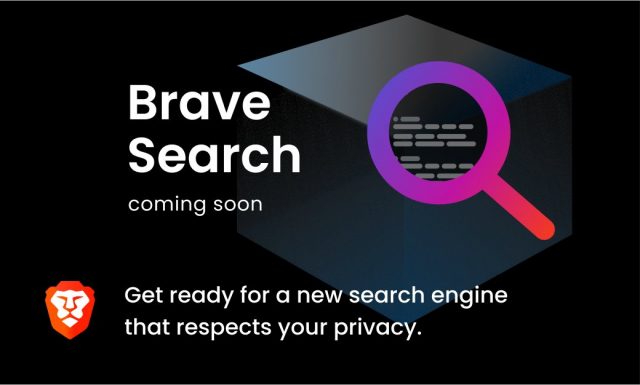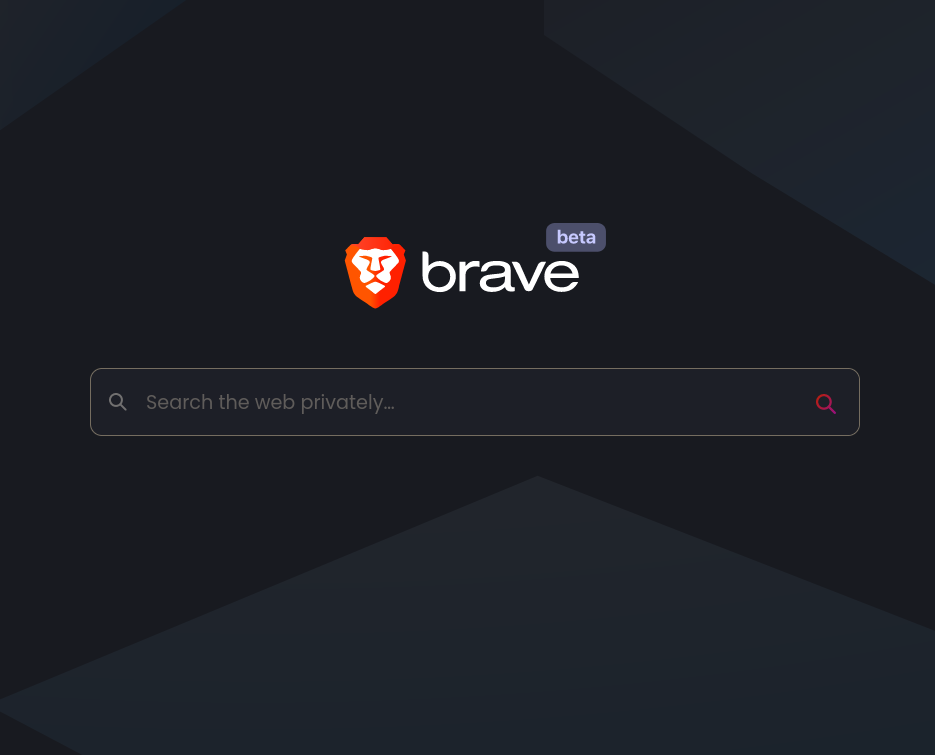
Openness: Brave Search will soon be available to power other search engines. Seamlessness: best-in-class integration between the browser and search without compromising privacy, from personalization to instant results as the user types. Transparency: no secret methods or algorithms to bias results, and soon, community-curated open ranking models to ensure diversity and prevent algorithmic biases and outright censorship. Choice: soon, options for ad-free paid search and ad-supported search. Independence: Brave has its own search index for answering common queries privately without reliance on other providers. User-first: the user comes first, not the advertising and data industries. Privacy: no tracking or profiling of users. Brave, the privacy-focused browser co-founded by ex-Mozilla CEO Brendan Eich, is getting ready to launch an own-brand search engine for desktop and mobile. The company also says that its search engine adheres to the following principles, which it says sets it apart from competitors: And while this will not result in any tracking of the user, it will reduce the independence metric, the company explained.The company says over 100,000 people have signed up for beta access to Brave Search, and that Brave Browser has recently passed over 32 million active users. For example, searching for images will fetch results from Microsoft Bing. Certain areas, such as image search, will require the company to use APIs until they are able to expand their index. However, Brave Software noted that their search results might not be relevant enough yet. Brave Search will include anonymized contributions from the community to improve and refine search results. 

The metric is derived privately using the user’s browsers and the company will not build or store user profiles. The company’s new search engine is also introducing the industry’s first search independence metric, displaying the ratio of results coming exclusively from Brave’s index. Since then, over 100,000 users have signed up for preview access and testing of the new search engine.

The new service is available in beta release and is set to become the default search option in the Brave browser later this year.īrave Search was first announced in March when the company acquired Tailcat, the open search engine developed by the team formerly responsible for the privacy search and browser products at Cliqz. According to the press release published on 22 June, Brave Search is built on top of a completely independent index and doesn’t track users or their searches. Brave Software is living up to its name, as the company has just given internet users unrestricted access to its new competitor of the Google search engine. Brave Search is a search engine developed by Brave Software, Inc.







 0 kommentar(er)
0 kommentar(er)
